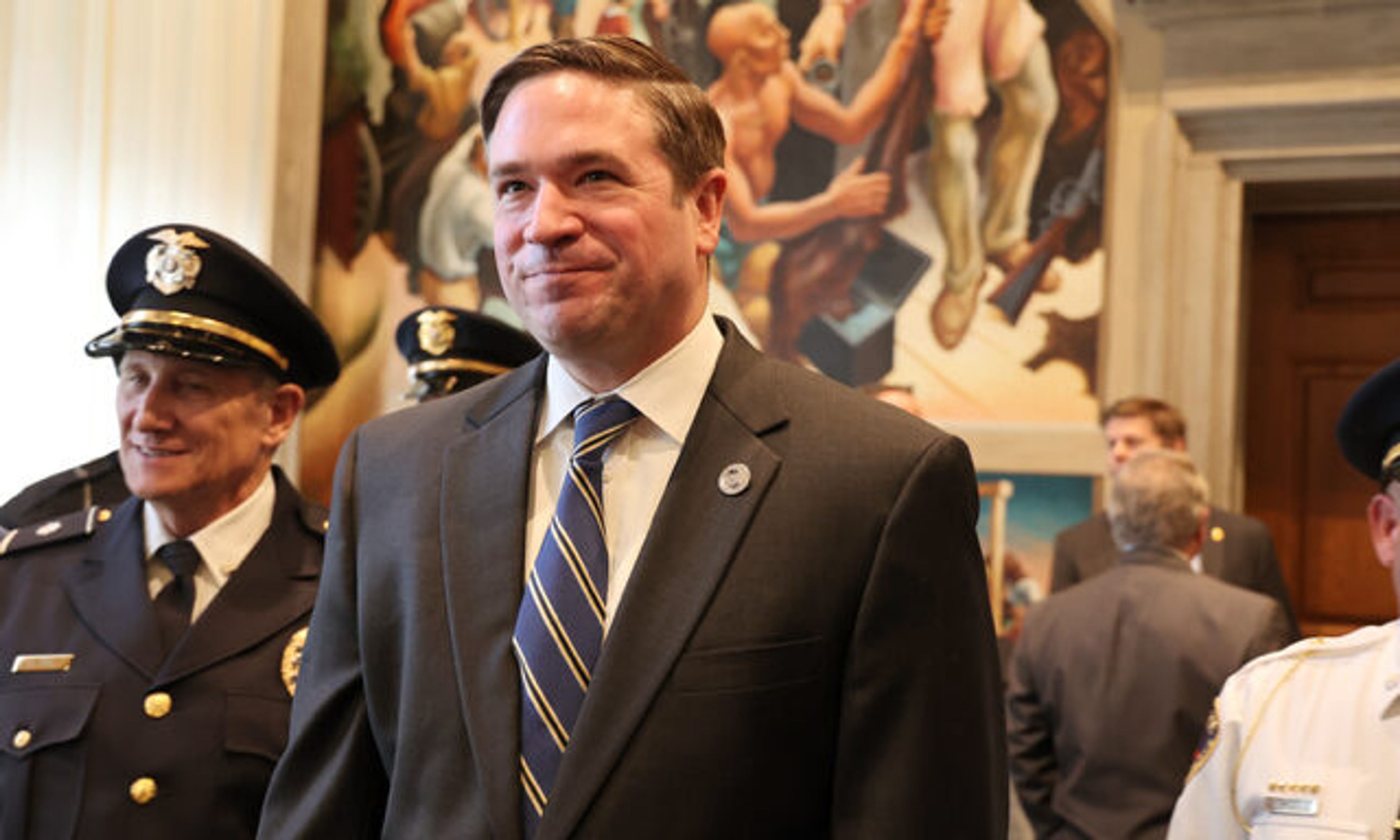Experts: Officers, motorists at risk of sexual misconduct
ST. LOUIS -- In the wake of three lawsuits this fall that accuse a small town police chief of sexual misconduct, experts say police departments should look for patterns of misconduct and adopt policies to address it. Better supervision, clearer training, an accessible complaint system and hiring more female officers also should reduce the misconduct, experts agree...
ST. LOUIS -- In the wake of three lawsuits this fall that accuse a small town police chief of sexual misconduct, experts say police departments should look for patterns of misconduct and adopt policies to address it.
Better supervision, clearer training, an accessible complaint system and hiring more female officers also should reduce the misconduct, experts agree.
"Changes are going to have to start at the top," said Timothy Maher, a former police officer who is now a criminologist at the University of Missouri-St. Louis. "This behavior just can't be condoned or tolerated."
A 71-year-old woman claimed recently in a lawsuit that the police chief of tiny Bella Villa, just south of St. Louis, groped her breast after manhandling her husband outside their home in that community.
In a separate suit filed last month, a woman alleged the same chief, Edward Locke Jr., inappropriately touched her buttocks and breast when he arrested her on suspicion of drunken driving last year.
In February, two women jointly sued Locke and the city. One claimed he arrested her in June 2005 and forced her to pull down her pants so he could take several pictures of a tattoo. The other woman later dropped her claim.
City officials have pledged an inquiry. Locke has repeatedly declined to comment.
Some insiders say that certain abuses of power by police have become commonplace. An officer might stop someone just to flirt or to see if the driver might offer sex.
"The true extent of this behavior is unknown," Maher told the St. Louis Post-Dispatch. "A majority of officers say it's a problem, and it should be addressed."
Maher said his survey of 80 St. Louis-area police officers and commanders found that most officers regard flirting as part of the police culture.
Sam Walker, a criminologist with the University of Nebraska, said some departments do not properly investigate allegations or they disregard women's complaints.
He cited the example of an Indianapolis officer who was found to have made 224 traffic stops in a four-month period in 1995, nine out of 10 of them of women.
"This is probably one of the most helpless situations," said Julie Lawson, executive director of the Crime Victim Advocacy Center in St. Louis. "I guarantee these women are not doing anything to make themselves a target, except maybe driving alone in a car."
But officers are also at risk of being manipulated by a motorist unbuttoning her blouse or offering sex in exchange for not writing a ticket. A motorist may threaten or file a false complaint.
"Officers shouldn't change their behavior because of what's happening at that moment," said Officer Jerry Kelly, who teaches patrol tactics at the St. Louis County and Municipal Police Academy. "Tell her that her actions are inappropriate and go ahead and issue a citation if it's warranted."
A male officer can call a female officer to assist when a female suspect has to be searched. And a driver who is uncomfortable with the circumstances of a traffic stop can call 911 on a cell phone to verify an officer's identity or can drive carefully to a public area, Kelly said.
The ultimate protection for both sides appears to be the video camera, which makes a visual record through the patrol car windshield and usually includes audio from a wireless microphone carried by the officer.
---
Information from: St. Louis Post-Dispatch, http://www.stltoday.com
Connect with the Southeast Missourian Newsroom:
For corrections to this story or other insights for the editor, click here. To submit a letter to the editor, click here. To learn about the Southeast Missourian’s AI Policy, click here.








